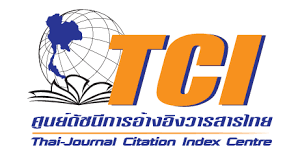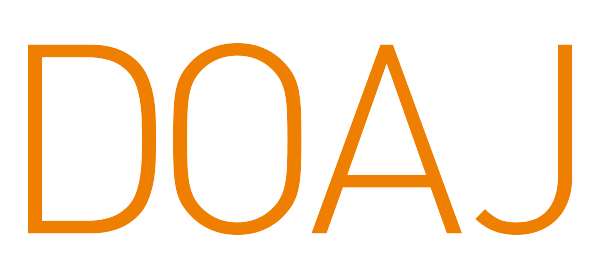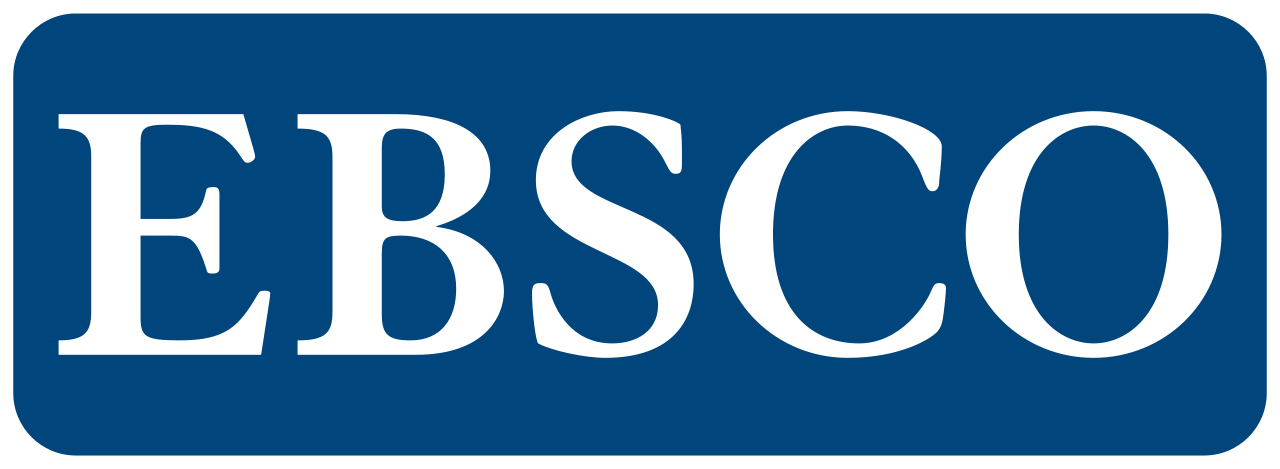Publication Ethics
Publication Ethics
Engineering Access is committed to upholding the highest standards of publication ethics as well as aiming to prevent any publication malpractice. The journal follows the guidelines established by the Committee on Publication Ethics (COPE) and other relevant organizations to ensure the quality, validity and transparency of published manuscripts. Conformance to standards of ethical behavior is, therefore, expected of all parties involved in the act of publishing including editors, authors, and reviewers. Our publication ethics includes the following principles:
Responsibilities of Editors
- Editors are responsible for deciding which of the manuscripts submitted to the journal should be published and, therefore, is accountable for the published content. The editor may be guided by the policies of the journal's editorial board and constrained by such legal requirements as shall then be in force regarding issues such as libel, copyright infringement and plagiarism. The editor may confer with other editors or reviewers in making these decisions.
- Editors should ensure a fair, unbiased, and timely peer review process.
- Editors should maintain the confidentiality of manuscripts and only disclose information to those involved in the review process.
- Editorial decisions should be based only on the manuscripts’ intellectual content without regard to race, gender, sexual orientation, religious belief, ethnic origin, citizenship, or political philosophy of the authors.
Responsibilities of Authors
- Authors must ensure that the submitted manuscript contains original work with proper citations and sufficient details.
- Authors are responsible for providing accurate and complete information, and ensuring the validity of their research findings.
- Authors should disclose in their manuscripts any financial or other substantive conflicts of interest that might be construed to influence the results or interpretation of their manuscript.
Responsibilities of Reviewers
- Reviewers should provide unbiased and timely reviews.
- Reviewers should maintain confidentiality of all information and not disclose information to unauthorized individuals.
- Reviewers should promptly decline to review a manuscript that is out of their expertise scope.
- Reviewers should not consider manuscripts in which they have conflicts of interest resulting from competitive, collaborative, or other relationships or connections with any of the authors, companies, or institutions connected to the manuscripts.
Allegations of Research Misconduct Policy
Engineering Access enforces strict measures when handling allegations of research misconduct, including plagiarism, falsifying of data, citation manipulation, publishing or submitting a manuscript to multiple journals for publication and text recycling among others. Engineering Access’s policy for handling allegations of research misconduct is based on the guidelines of the Committee on Publication Ethics (COPE).
Authors are required to read the journal’s author instruction and ethical policies carefully and to adhere to the terms before submission.
Reports of research misconduct may pertain to a published article or a manuscript undergoing the peer-review process. The process for submitting and handling complaints of author misconduct should be conducted with sensitivity, professionality, confidentiality, and according to the following procedure:
- The journal's editorial office receives a complaint suggesting research misconduct in an article submitted to or published by the journal. If you wish to report any misconduct related to an article published in our journal, kindly submit the Ethical Concern Reporting form along with details to chaiyong.s@msu.ac.th.
- The editorial office will initiate an investigation, during which the editor of the journal will be in communication with the corresponding author(s) of the suspected article.
- The corresponding author(s) will be requested to furnish an explanation supported by factual statements and any available evidence.
- If the inquiry uncovers evidence of misconduct, the necessary measures will be taken, which may involve retraction, correction, or the issuance of a statement of concern, in adherence to ethical standards.
- Once the issue is resolved, the complainant will be notified of the outcome, marking the conclusion of the complaint case.








